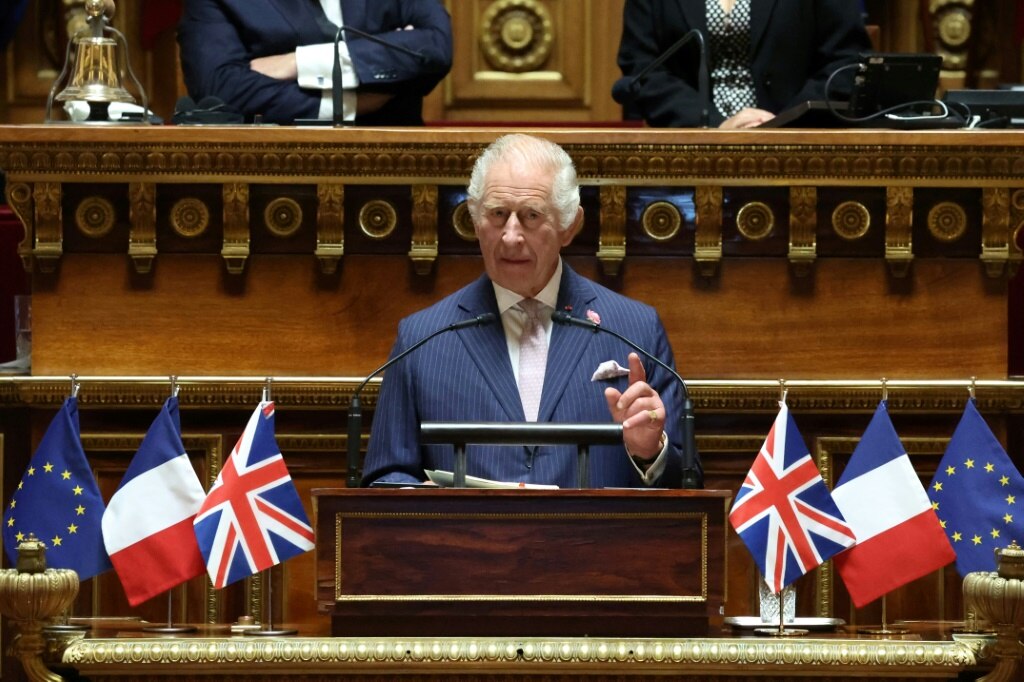Kate Middleton set for terrible inheritance from King Charles
The Prince and Princess of Wales could end up in the very middle of a highly complex situation thanks to Prince Charles.
COMMENT
If you spend much time reading and thinking about the bizarre, bonkers, and occasionally wonderful beast that is the British monarchy, there is one obvious constant. There is always one unmistakeable winner who can lie in bed eating their grouse pies and wondering if the cellars have any more of that jolly good ‘62 premier cru, and then there are the rest of them, titled but stuck on the losing side of ruling and seniority and wealth.
There is no better example of this than a monarch’s will, not only a document sealed by the courts and kept under lock and key, but which, thanks to bespoke tax laws, means that they always leave the vast, vast bulk of their wealth to their direct heir.
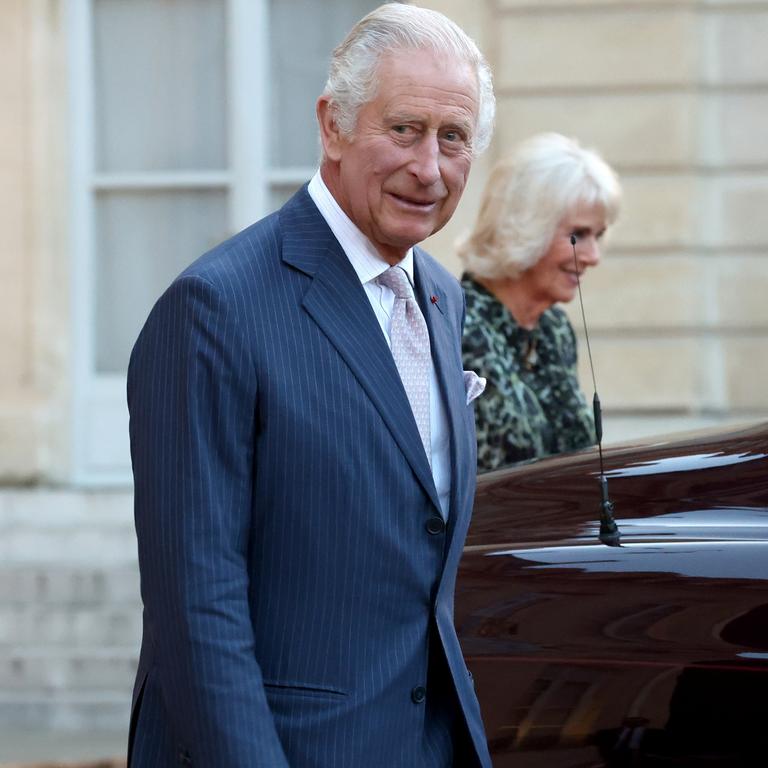
What this means is that when King Charles shuffles off this mortal coil to natter about 18th century hedgerow techniques with a stultified Jimi Hendrix on a fluffy white cloud, it will be his son Prince William, the Prince of Wales who will likely get all of his $1.1 billion fortune.
That is, however, not the only legacy that His Majesty might leave to his son and daughter-in-law Kate, the Princess of Wales.
How about the nightmare PR debacle of historic proportions? Something that would make that whole Duke and Duchess of Sussex whatsit seem like a pesky blip?
The prince and princess might end up serious winners on one hand, but on the other, the King may well end up lumping them with having to sort out a legal, moral, political and financial situation of unprecedented proportions.
It all comes back to how exactly a sovereign ended up with a billion dollars plus in personal wealth. (This does not include the $1.25 billion Duchy of Lancaster estate His Majesty also earns an income from.)
In the 1660s Charles II issued a charter for what became the Royal African Company, which transported slaves. Today Charles III is worth nine-figures and is the Head of State of a nation whose Prime Minister earlier this year refused to apologise for slavery.
This week Dr Mohamed Irfaan Ali, President of the South American country of Guyana, went on breakfast tele to renew the calls for the UK to make reparations for slavery, telling the hosts of Good Morning Britain, “You are one of the beneficiaries of that slave trade, so this is not a burden.
“You should be concerned and you should pay because you today still benefit from the greatest indignity to the human being, and that is the slave trade.”
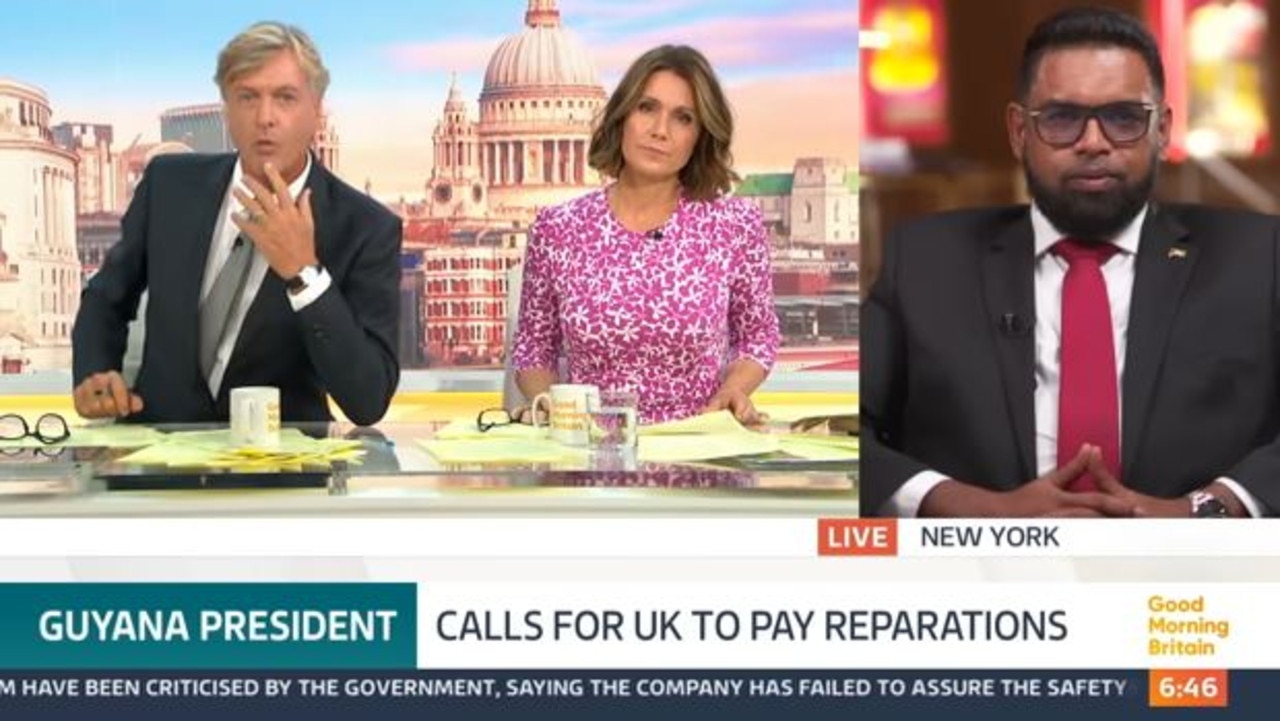
Of the royal family’s connection, President Ali said: “If you go to many of the palaces in Britain, you’ll see the lovely hard work from Guyana. You will see the sweat, tears and blood of the slaves who were exploited, and the revenue that was earned from the exploitation. So we’re not asking for a palace; we’re asking for justice.”
In a scheduling snafu that must have had Kensington Palace twitching, right as William was taking New York with his big, bold $95 million Earthshot Prize, all wide-eyed youngsters and earnest sorts valiantly saving the world, President Ali was only four blocks away at a mid-town hotel for a Clinton Global Initiative meeting.
This comes after louder calls from Jamaica, Barbados and Grenada, among other nations, in recent months on the issue. It seems impossible at this stage that this will not come to a head, perhaps even in some courtroom.
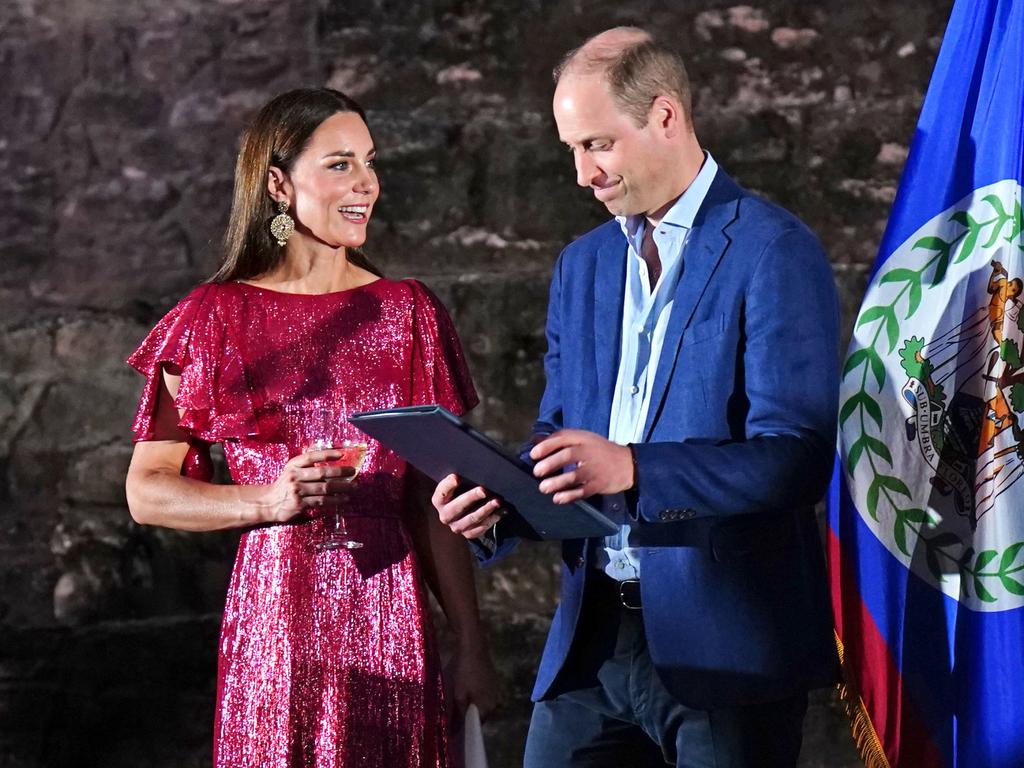
My point is, Britain’s, especially the royal family’s, colonial past is about to catch up with them in a way we have never seen before.
Here’s a quick recap if you did not major in history.
For the better part of 500 years, there was a trans-Atlantic trade in human beings, with more than 11 million people kidnapped from Africa and taken to the Americas. Around half (5.5 million) of those enslaved people were forcibly taken to Brazil, up to the late 1860s.
While France, Portugal and the Netherlands were also active in the trade, by the 17th century, Britain had become the dominant force under the Royal African Company (RAC) with the Duke of York, later James II, serving as the RAC’s governor. Between 1673 and 1688, the RAC transported an estimated 90,000 to 100,000 enslaved people, many of whom were branded with ‘DY’ or ‘RAC” on their chests.
In the early 19th century, the cause of abolition grew in the UK and slavery was formally abolished. (Legislation that notably did not include India and Sri Lanka.) The government of the time borrowed £20 million, an unthinkable sum of money, to compensate slave owners for their loss of ‘property.’ So astronomical was this sum that it took until 2015 – yes, 2015 – for that original £20 million debt to be paid off.
Not a single pence has ever gone to the actual humans who were treated as chattel.

While it should be noted that Britain was far from the only European power to make untold sums of money from this morally repugnant business, including France, Portugal and the Netherlands, none of this does or should let the House of Windsor off the hook here.
Consider this: William and Kate’s London residence remains Kensington Palace, which was built by William III whose wealth, at least in part, came from shares he was given in the RAC before taking over as the Company’s Governor himself.
(And, yes, the same is probably true for pretty much every royal house and every aristocratic and noble family in all of Europe.)
However in all of this there is one fundamental truth that Charles seems to keep dodging: He’s the bloody Head of State.
The very job of being King means showing moral leadership and on this he has so far failed.
Given how tangled the legal, financial, emotional, and political skeins are here, I would question whether this is something that can or will be resolved in any way in his lifetime. Hence, this very, very complex issue could well end up falling into William and Kate’s laps.
What an inheritance for the prince and princess.
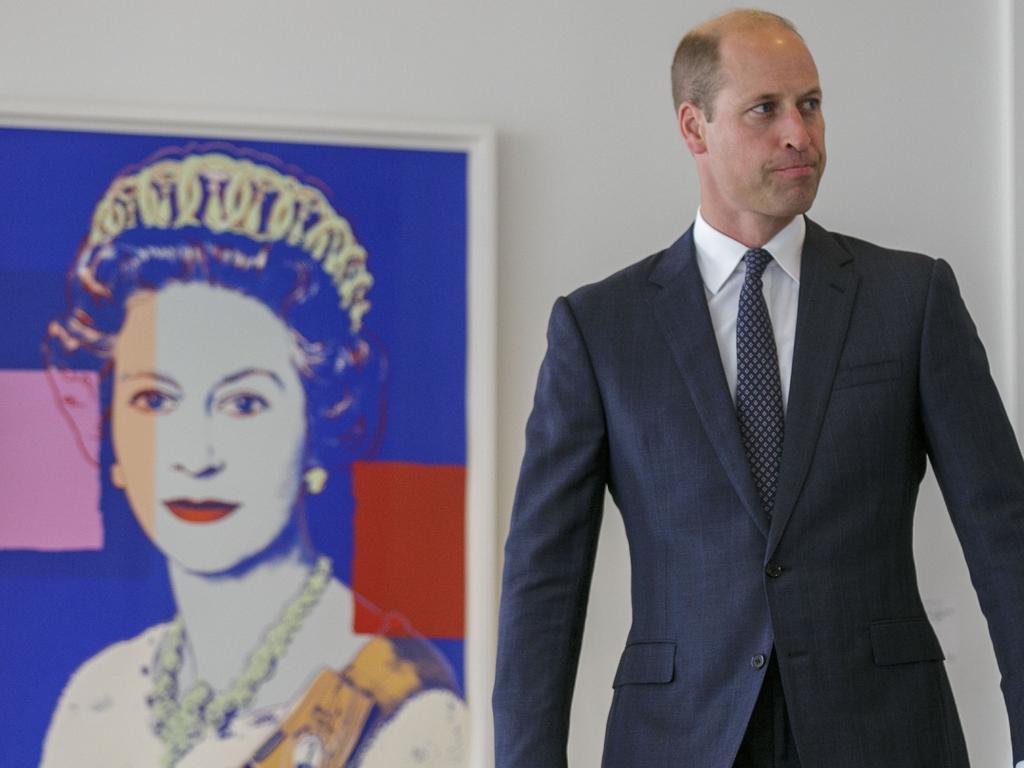
The Waleses’ too have a dire track record on confronting and addressing Britain’s colonial past. Remember last year when Kensington Palace opted to cancel their first official engagement during their tour of the Caribbean rather than face protests by the community in the Maya Mountains of Belize?
Instead of actually turning up and listening to what local people had to say, the Palace moved the Waleses’ dog-and-pony show onto another location where they could do something naaiice for the cameras.
Very poor form.
What followed during that tour was William and Kate then sticking to a program that looked like it had been drafted by someone named Hugo Buntington-Smythe in about 1962, while he smoked his Silk Cut and quaffed his morning stiffener at his mahogany desk.
To describe it as dated would be offensive to the Julian calendar.
Immediately after that tour, back in the UK, and faced with the first real disaster of their royal careers, in April 2022 the Mirror reported that William had “held crisis meetings on how to modernise the monarchy” and that he and Kate had “vowed to rip up the royal rule book.”
(Where Kate was for those “crisis meetings,” who knows.)
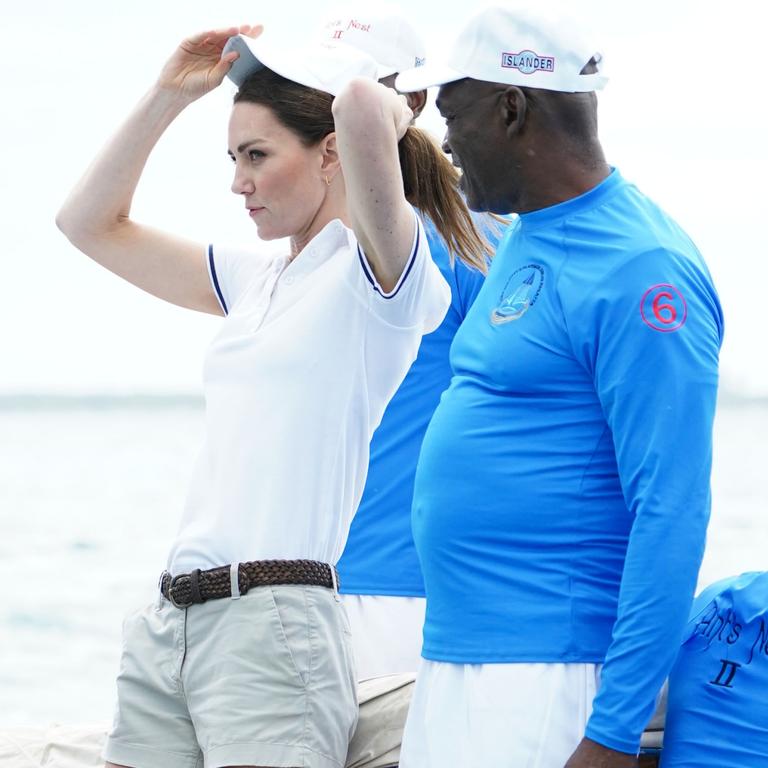
Not a single thing has come of those meetings, as far as I’m aware.
What is hackle-raising is that the Prince of Wales has gone out of his way to do what he thinks is right on another issue, having publicly called for nearly 2000 items made of ivory in the Royal Collection to be removed from public view.
I get it – this is a huge issue and one that the British government would have an apoplectic fit over if the King and his family waded into it on their own. But the longer Charles & co. sit on their hands and do not speak up, the more it will inflict damage to their image, globally.
The monarchy’s part in Britain’s colonial history might not be what anyone with an HRH wants to discuss over a piece of shortbread during elevenses but at some point, they are going to have no choice but to face up to this.
More Coverage
With how long of a process this could well be, William and Kate might end up with the history-is-watching responsibility of reconciling the British monarchy’s historical role in slavery and the 21st century.
The Prince and Princess of Wales will one day be worth a hell of a lot more money thanks to His Majesty but he could also end up leaving them to find some way to make peace with the past.
Daniela Elser is a writer, editor and a royal commentator with more than 15 years’ experience working with a number of Australia’s leading media titles.


